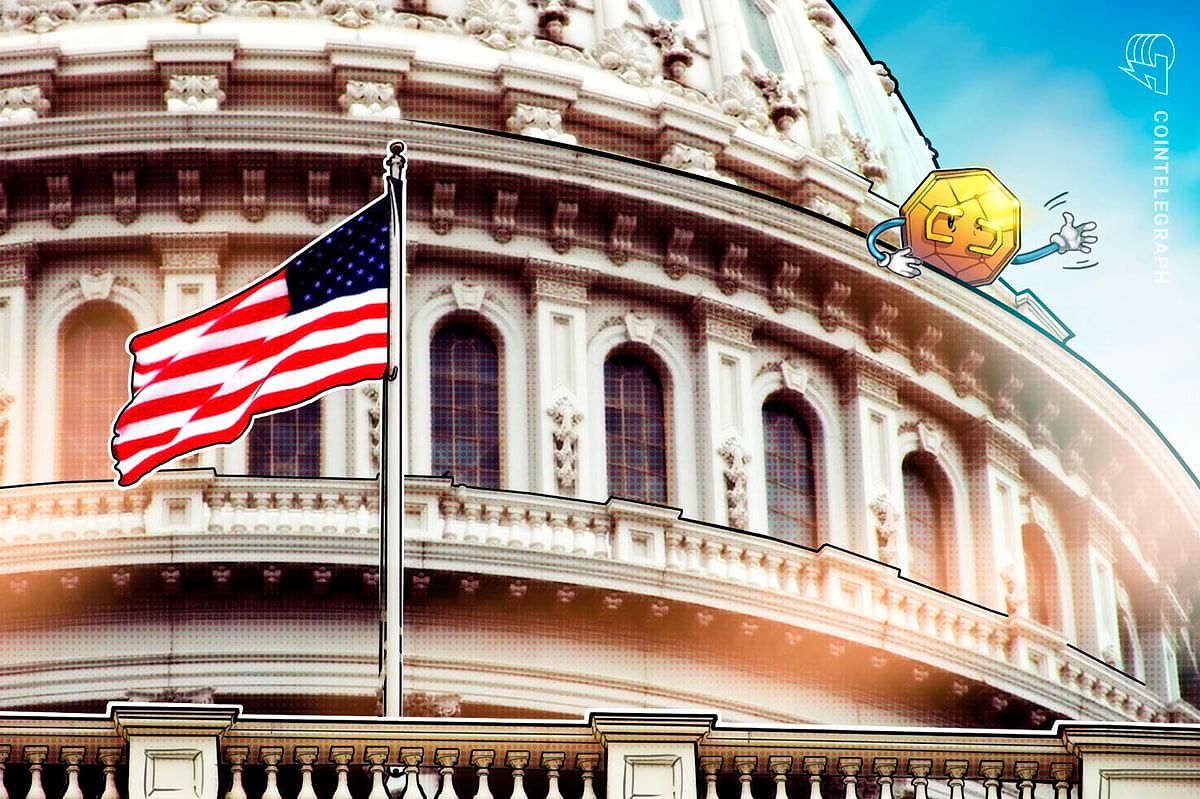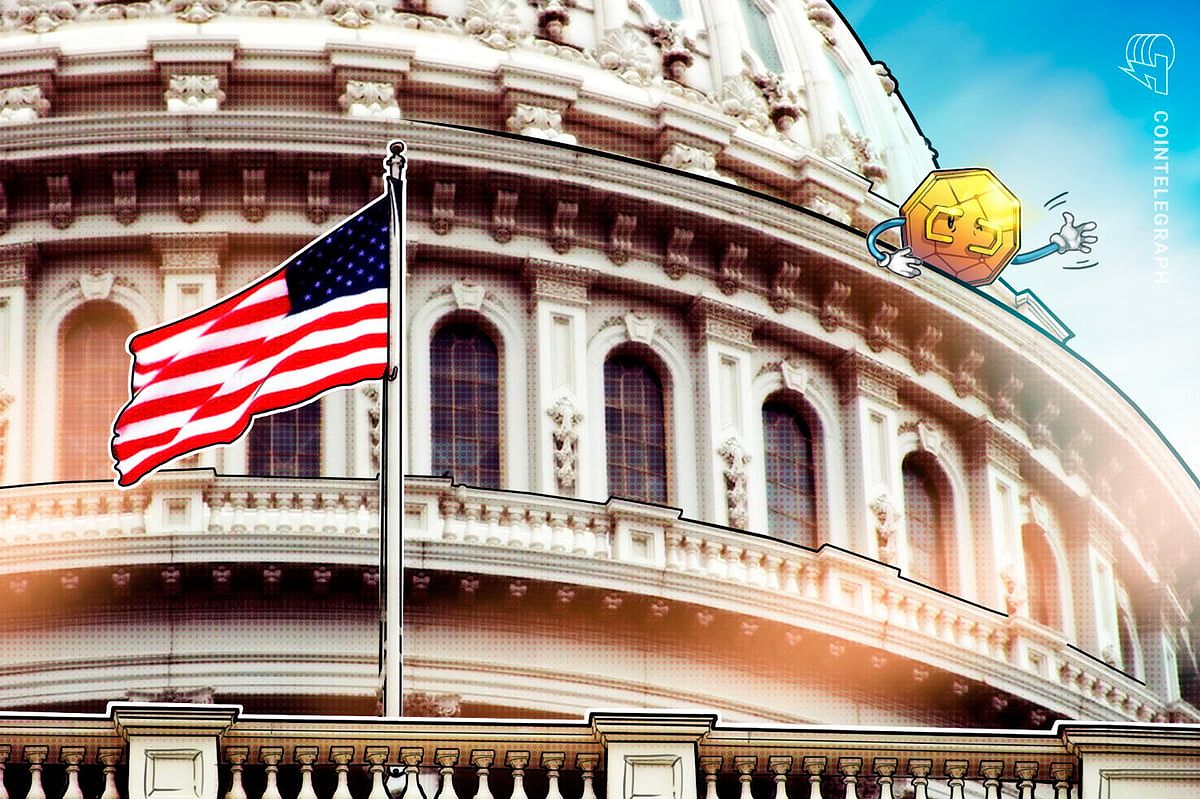The 2024 US elections marked a pivotal juncture in the intersection of politics and cryptocurrency. A notable surge in funding for pro-crypto candidates, amounting to an unexpected 75% increase, underscored the cryptocurrency industry’s growing political clout. This newfound financial power not only disrupted traditional campaign financing but also reshaped the discourse surrounding digital currency regulation.
The Emergence of Pro-Crypto Political Action Committees (PACs)
In the lead-up to the 2024 elections, pro-crypto PACs emerged as formidable players in the political arena, channeling unprecedented financial resources to candidates who championed cryptocurrency-friendly policies. These organizations strategically identified key races where their financial backing could sway outcomes, reflecting a sophisticated understanding of political dynamics. The involvement of these PACs represents a significant evolution from previous election cycles, illustrating the cryptocurrency industry’s determination to influence regulatory frameworks that govern its future.
While some candidates enjoyed electoral success thanks to this robust support, others faced setbacks, demonstrating the complexities and unpredictability of political landscapes, even with substantial financial backing. The ethical implications of such deep financial involvement by crypto interests in the political process are subjects of ongoing scrutiny, prompting discussions about the balance between financial influence and democratic integrity.
Election Outcomes: A Transformative Shift in Congressional Power

The outcomes of the 2024 elections heralded a notable transformation within Congress, as numerous candidates who vocally supported cryptocurrency-friendly policies secured victories. This shift significantly altered the legislative balance, fostering a more favorable climate for the advancement of pro-crypto initiatives. Many successful candidates campaigned on platforms advocating for clearer regulatory frameworks and measures aimed at fostering innovation within the crypto sector.
Conversely, the defeat of several prominent crypto skeptics in the Senate indicates a potential shift toward a legislative environment more amenable to industry-friendly proposals. However, it is crucial to recognize that substantial opposition to crypto regulation persists. Established skeptics still hold influential positions, presenting hurdles for the comprehensive policy changes many in the crypto community seek.
Navigating the Future of Cryptocurrency Policy in the United States
The increased political engagement of the cryptocurrency industry suggests that significant changes in US cryptocurrency policy may be on the horizon. A Congress more receptive to crypto could lead to enhanced regulatory clarity, boosting investor confidence and promoting innovation. This potential shift could involve the creation of well-defined regulatory frameworks, addressing tax implications, and investing in the necessary infrastructure to support the burgeoning crypto economy.
Nonetheless, challenges abound. Ongoing debates surrounding stablecoins, decentralized finance (DeFi), and other critical aspects of the cryptocurrency landscape remain unresolved. Additionally, concerns about consumer protection, market integrity, and the risk of illicit activities continue to spark resistance against regulations perceived as overly lenient. Striking a balance between fostering innovation and safeguarding the broader financial system will require a nuanced regulatory approach, one that considers the diverse perspectives within the crypto ecosystem.
Conclusion
The 2024 US elections have undeniably marked a turning point in the political influence wielded by the cryptocurrency industry. The significant financial contributions from pro-crypto PACs directly impacted the outcomes of key races, creating a legislative environment that could favor pro-crypto legislation in Congress. However, while this shift opens the door for increased regulatory clarity and potential market growth, substantial challenges and opposing viewpoints remain. As the political landscape continues to evolve, careful monitoring and informed public discourse will be essential in navigating the complexities of cryptocurrency policy and regulation in the United States. The coming years will be crucial in determining how these competing forces will shape the future of digital currency governance, with ongoing debates likely to dominate the political scene.

